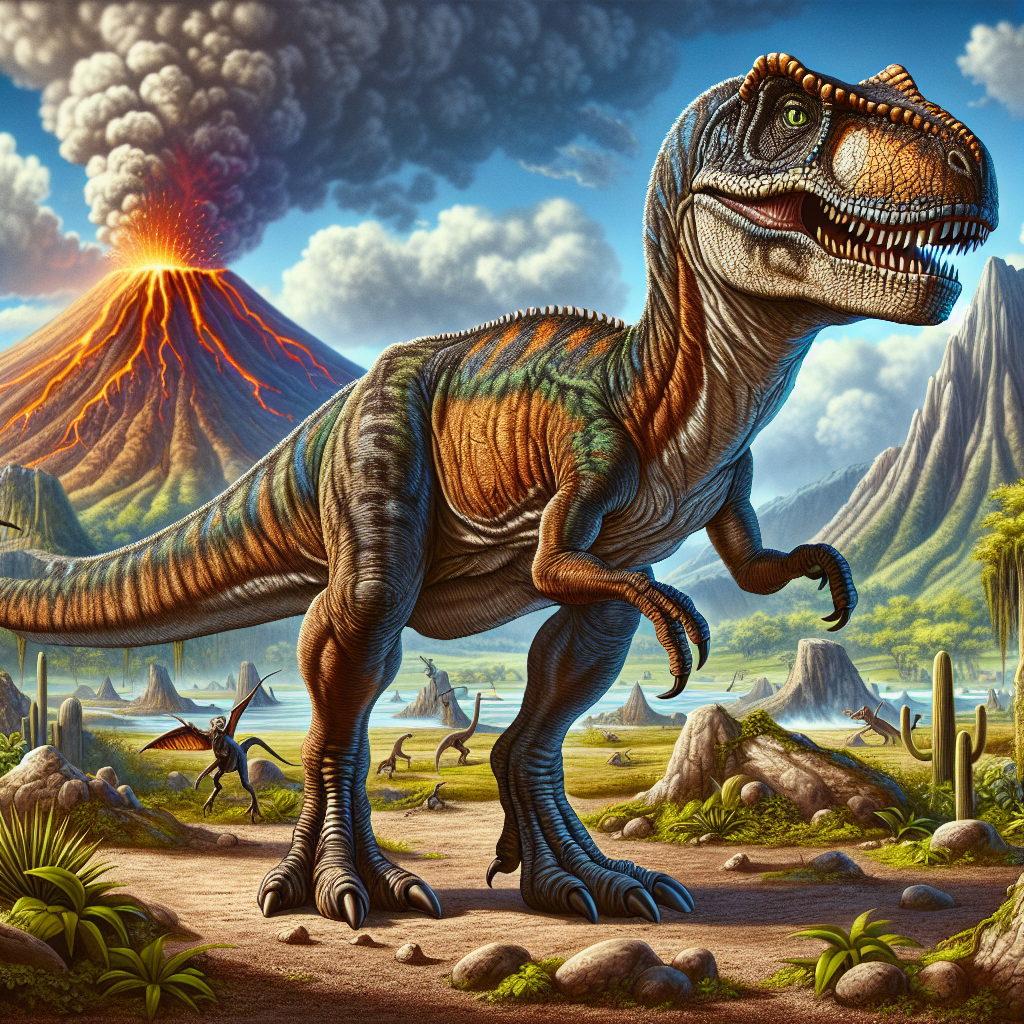Joaquinraptor: Unearthing the Apex Predator of Patagonia
The discovery of Joaquinraptor casali, a new species of megaraptoran dinosaur, in Argentina reveals insights into Cretaceous Period predators. A remarkably intact skull and a croc leg in its jaws suggest dietary habits and a unique evolutionary path from similar predators like Tyrannosaurus.

A newly discovered dinosaur species, Joaquinraptor casali, has provided significant insights into the nature of Cretaceous predators, thanks to well-preserved fossil remains in Argentina. This discovery unveils not only an impressive skull but also the surprising presence of a crocodilian leg in its jaws, hinting at its diet.
The predator, existing around 67 million years ago in central Patagonia, measured approximately 23 feet in length and weighed about a ton. It belonged to the megaraptorans, known for their long arms and sharp claws and roamed regions like South America, Asia, and Australia.
The research, led by paleontologist Lucio Ibiricu, emphasizes the discovery's importance, as previous megaraptoran fossils were incomplete, limiting understanding. This finding enhances knowledge of their evolution and survival, indicating they thrived until an asteroid ended the dinosaur era.
(With inputs from agencies.)










